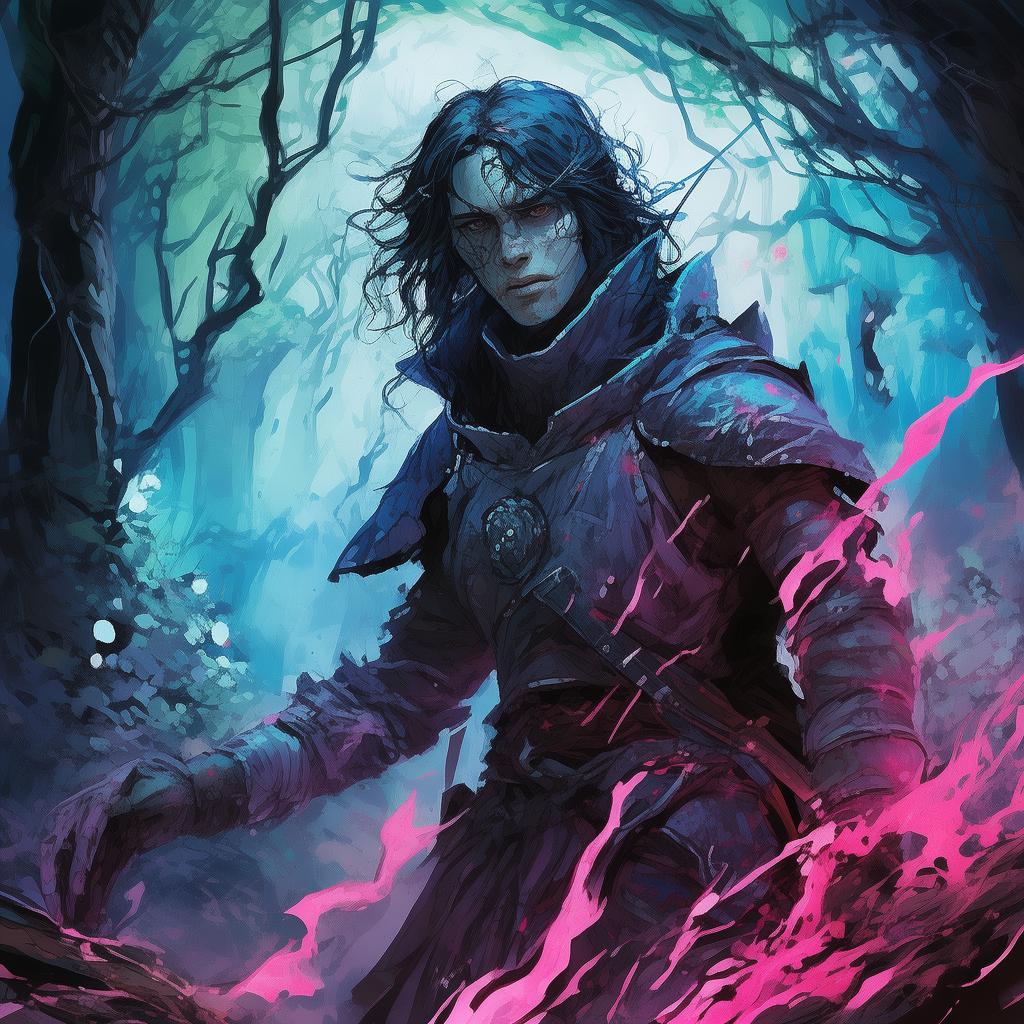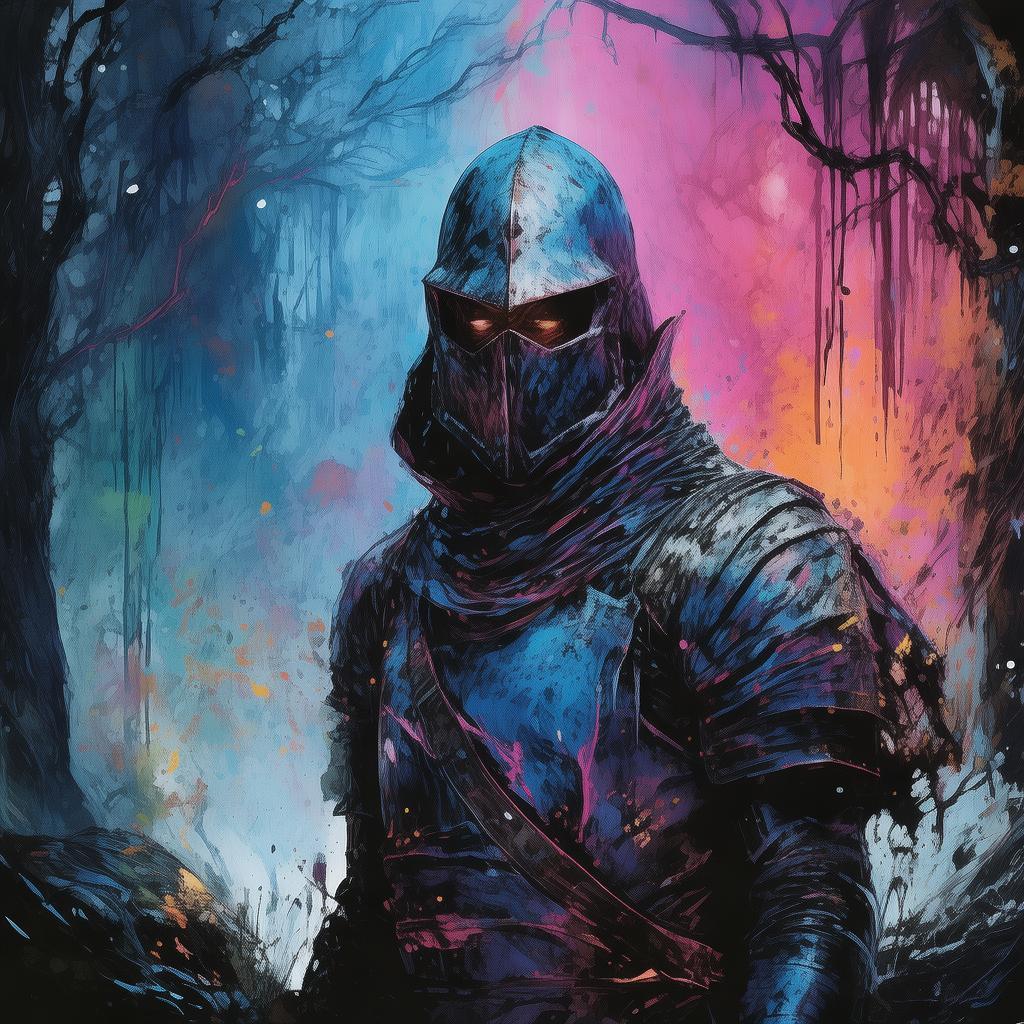The Celestial Conundrum: Zhang Heng's Heavens Joke
In the bustling city of Chang'an, under the watchful eyes of ancient Chinese emperors, the renowned astronomer Zhang Heng stood out. Known for his inventions and profound knowledge of the heavens, Zhang was no stranger to the stars. Yet, what no one knew was that behind his wise and stoic demeanor lay a playful soul, prone to cosmic mischief.
One fateful evening, as the sun dipped below the horizon and the sky began to shimmer with the first stars, Zhang Heng made a bold decision. He had always been fascinated by the enigmatic patterns of the constellations, and he felt it was time to play a prank on the heavens themselves. With a knowing grin, he took his astrolabe, the ancient device used for observing celestial bodies, and made a small adjustment.

The adjustment was subtle, a twist of a single screw that altered the direction of a tiny lever. To Zhang's surprise, as the lever moved, it seemed to affect the stars themselves. A single, seemingly insignificant star, one that was part of the constellation of the Dragon, shifted slightly in its position. Zhang chuckled to himself, the cosmic prankster.
However, the consequences of this seemingly innocent jest were unforeseen. The next morning, the emperor, a man of profound belief in the celestial signs, was informed of a new star in the sky. This star, though small and distant, had appeared suddenly, as if to mock the very heavens. The court astrologers were stumped, and the emperor was disturbed by the celestial disturbance.
Word of the new star spread quickly throughout Chang'an. The people, ever superstitious, whispered of a great change on the horizon, a portent of doom or, perhaps, a divine message. The emperor, unable to find a logical explanation for the new star, became obsessed with deciphering its meaning.
It was during this time that Zhang Heng stepped forward. He revealed his prank to the emperor, who was initially enraged but then intrigued. The astronomer suggested that perhaps the new star was a joke in the heavens, a cosmic prank played by the gods themselves.
To solve this celestial conundrum, Zhang Heng proposed a new project. He would build an even more sophisticated observatory, one that would not only chart the positions of stars but also attempt to understand the mechanisms of the cosmos. The emperor agreed, and Zhang set to work.
As the observatory was constructed, Zhang's research led him to uncover ancient texts that spoke of a celestial machine, a device capable of predicting the future and understanding the mysteries of the universe. The emperor, desperate to find meaning in the heavens, approved Zhang's ambitious plan to build this machine.
The construction took years, with Zhang working tirelessly. Each piece of the celestial machine was meticulously crafted, each gear and wheel designed to move in harmony with the celestial bodies. When it was finally complete, Zhang Heng set the machine in motion.
The result was astonishing. The celestial machine began to move, not just as a mechanical device but as if it were a living part of the cosmos. The stars aligned, and the machine predicted an event of great significance: the shift in the dynasty, a change in power that would shape the fate of ancient China.
The emperor, humbled by Zhang's revelation, realized that the cosmic joke was a lesson in humility and the vastness of the universe. The new star, no longer a source of dread, became a symbol of the universe's playfulness and the endless wonders yet to be discovered.
As for Zhang Heng, his legacy was secure. He was no longer just an astronomer but a cosmic sage, a prankster with a profound understanding of the heavens. His work would inspire generations of astronomers and thinkers, proving that even the stars themselves could be playmates to the curious minds of humanity.
The Celestial Conundrum: Zhang Heng's Heavens Joke became a tale passed down through the ages, a reminder that even in the vast expanse of the cosmos, there is room for humor and human curiosity.
✨ Original Statement ✨
All articles published on this website (including but not limited to text, images, videos, and other content) are original or authorized for reposting and are protected by relevant laws. Without the explicit written permission of this website, no individual or organization may copy, modify, repost, or use the content for commercial purposes.
If you need to quote or cooperate, please contact this site for authorization. We reserve the right to pursue legal responsibility for any unauthorized use.
Hereby declared.








